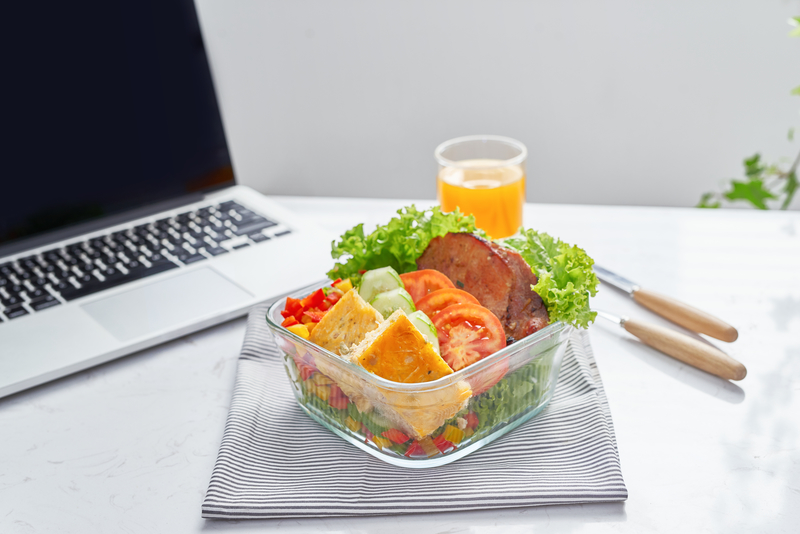copyright 2023 Art of Living,Prima Media,Inc
Eating a nutritious dinner regularly is one of the best ways to maintain a balanced diet and stay healthy. While it can be tempting to reach for processed or fast food, it’s important to make sure your dinner plates are packed with complex carbohydrates, lots of vegetables, and lean proteins. In this article, we’ll explore why each of these elements are so important for a nutritious dinner and provide tips on how to make sure you include them in your meals each night.
Include Complex Carbs
Complex carbohydrates are an essential part of a healthy diet because they provide long-term energy, help maintain blood sugar levels, and improve digestion. Examples of complex carbohydrates that can be included in your dinner plate include whole grains such as quinoa, brown rice, oats, and barley; starchy vegetables such as potatoes, yams, and squash; and legumes such as beans, lentils, and peas. All of these can make a great addition to your dinner table; try one of these and reap the benefits!
Add Lots of Vegetables
Vegetables are good for you in a variety of ways. Not only are they packed with essential minerals, but they also provide fiber, antioxidants, and phytonutrients — all of which are important for maintaining a healthy body. The leafy greens that most people think of with vegetables are a great source of folic acid as well as vitamins. There are countless ways to prepare vegetables for dinner in order to make them more enjoyable. One of the most popular ways is to roast them; roasting brings out the natural sweetness of vegetables and helps to caramelize their flavors. Tossing your favorite vegetables with a bit of oil, salt, and pepper before roasting them in the oven is an easy and delicious way to get your daily dose of vegetables.
Add Lean Proteins
There are lots of ways to get protein, but lean varieties are generally considered the most healthy. They provide essential amino acids, which are the building blocks for muscle growth and repair. Examples of lean proteins you can add to your meals include eggs, tofu, tempeh, Greek yogurt, nuts and seeds like almonds and walnuts. If you’re a pescatarian, you can also get a lot of protein with low saturated fat from fish! For example, three ounces of cooked salmon contains 22 grams of protein with only 3 grams of fat. Adding any one (or more!) of these lean proteins to your meal will help ensure it is packed full of nutrition that will keep you feeling satisfied for hours afterwards!
Just like a car needs the right fuel to run well, your body also runs better when you’re fueling it with healthy food. By following these tips, you can make sure you’re giving your body the nutrients it needs to function at its best.
Check out this article on what to serve before bringing out the main course at dinner!


